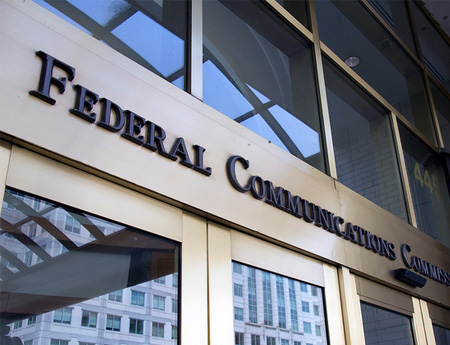FCC Approves AT&T-DirecTV Merger

The smarter way to stay on top of broadcasting and cable industry. Sign up below
You are now subscribed
Your newsletter sign-up was successful
AT&T’s proposed $48.5 billion acquisition of DirecTV is a step closer to the finish line after the FCC blessed the deal with a host of conditions.
The FCC announced the approval on Friday, coming three days after FCC chairman Tom Wheeler confirmed that the order had been circulated for approval.
The FCC said the Order detailing the decision and the conditions for the merger will be issued shortly.
Chairman Tom Wheeler and commissioners Mignon Clyburn and Jessica Rosenworcel voted in favor of the deal; commissioner Michael O’Rielly concurred in part, and commissioner Ajit Pai dissented in part.
The Commission, based on its review, blessed the deal with a host of conditions will generally remain in effect for four years after the deal closes:
• The combined company will be required to expand its deployment of high-speed, fiber optic broadband Internet access service to 12.5 million customer locations as well as Gigabit service to E-rate eligible schools and libraries. The FTTP component, the FCC said, “responds to the harm of the loss of a video competitor in areas where AT&T and DirecTV had directly competed before the merger,” creating a “pathway for increased competition from services that rely on broadband Internet to deliver video.”
• AT&T-DirecTV is prohibited from using discriminatory practices to disadvantage online video distribution services and will submit its Internet interconnection agreements for Commission review. The FCC noted that AT&T is currently the only “major ISP” that uses data caps for fixed broadband (Comcast is testing such policies in select markets), and that the merger “increases the incentive of AT&T-DirecTV to use strategies that limit consumers’ access to online video distribution services in order to favor its own video services.”
The smarter way to stay on top of broadcasting and cable industry. Sign up below
On the interconnection issue, the FCC said monitoring is needed to determine whether the combined company is denying or impeding access to its networks in anti-competitive ways.
• The combined company will offer broadband services to low-income consumers at discounted rates.
• The company must also retain an internal company compliance officer and an independent, external compliance officer that will report and monitor the imposed conditions of the merger.
